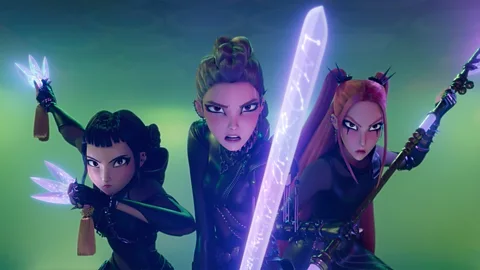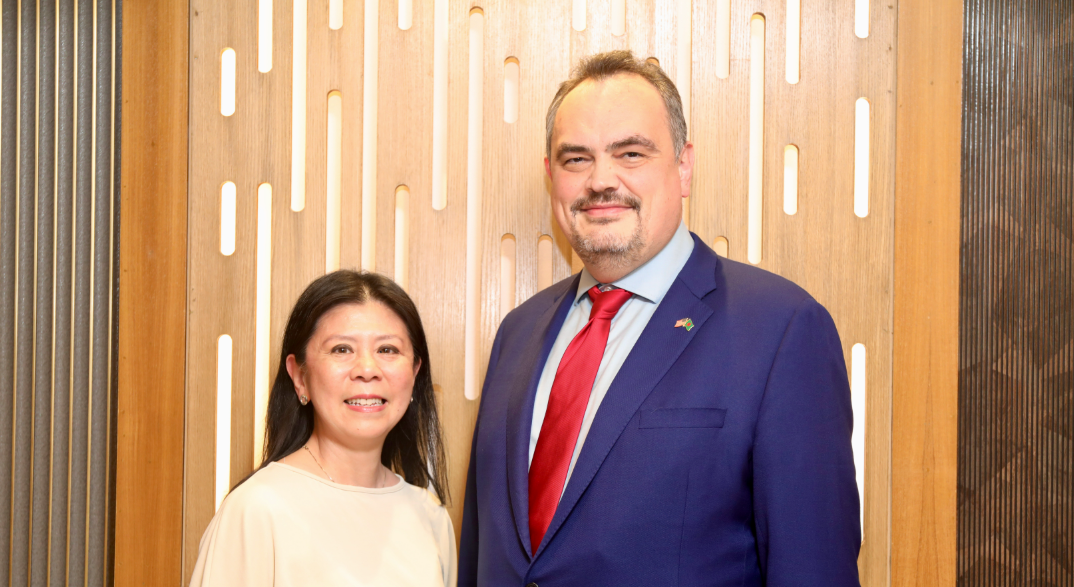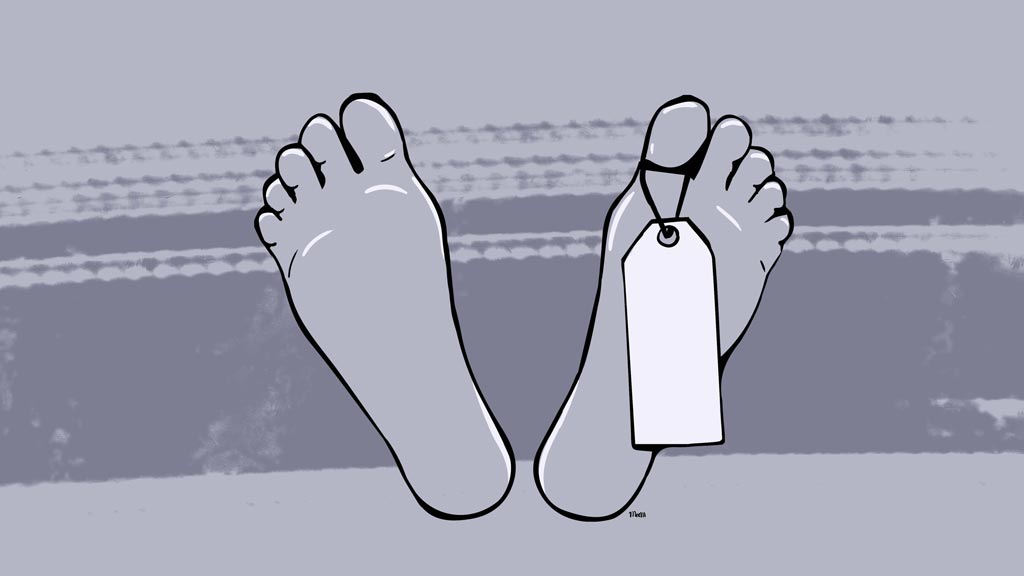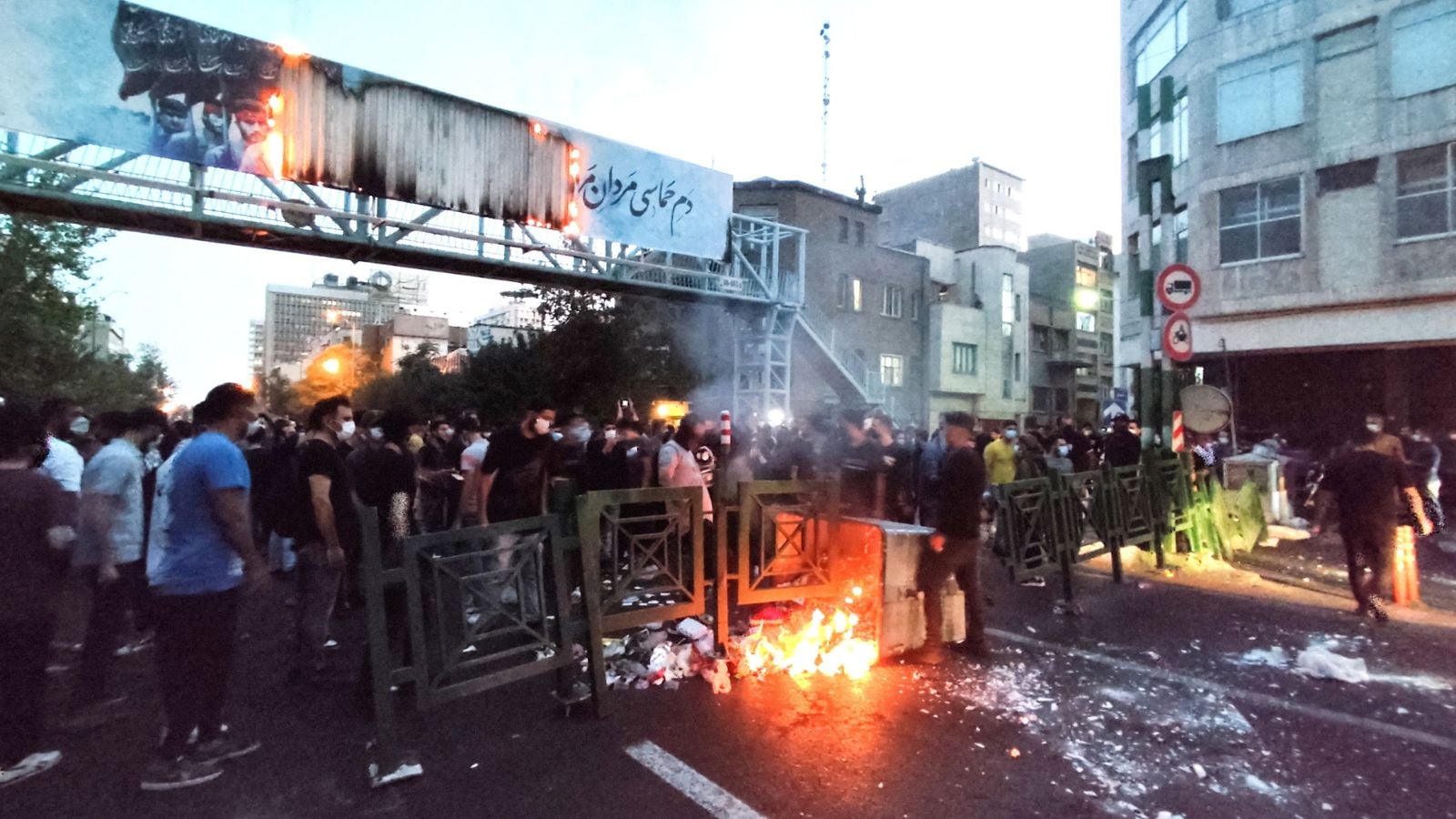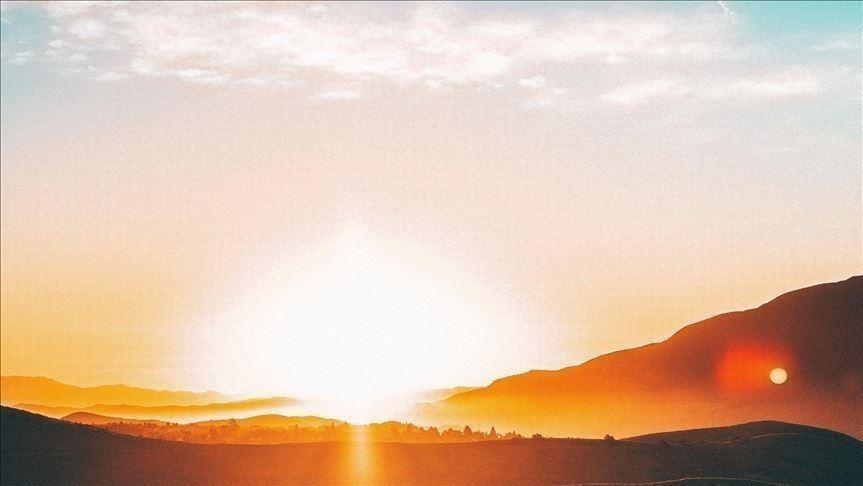How ‘K-Pop Demon Hunters’ Became a Global Obsession

The anime-meets-idol formula that cracked mainstream appeal
Netflix’s K-pop–themed anime fused idol fandom with monster-of-the-week storytelling, giving viewers high-energy performances, slick fight choreography, and a wholesome squad dynamic. The soundtrack worked like a real idol rollout—title tracks, choreo hooks, fancam-friendly edits—so the show spread through the same social channels that power K-pop itself. Parents found a safe, upbeat gateway into the genre; younger viewers latched onto character arcs that mirror trainee culture: practice, pressure, and chosen family.
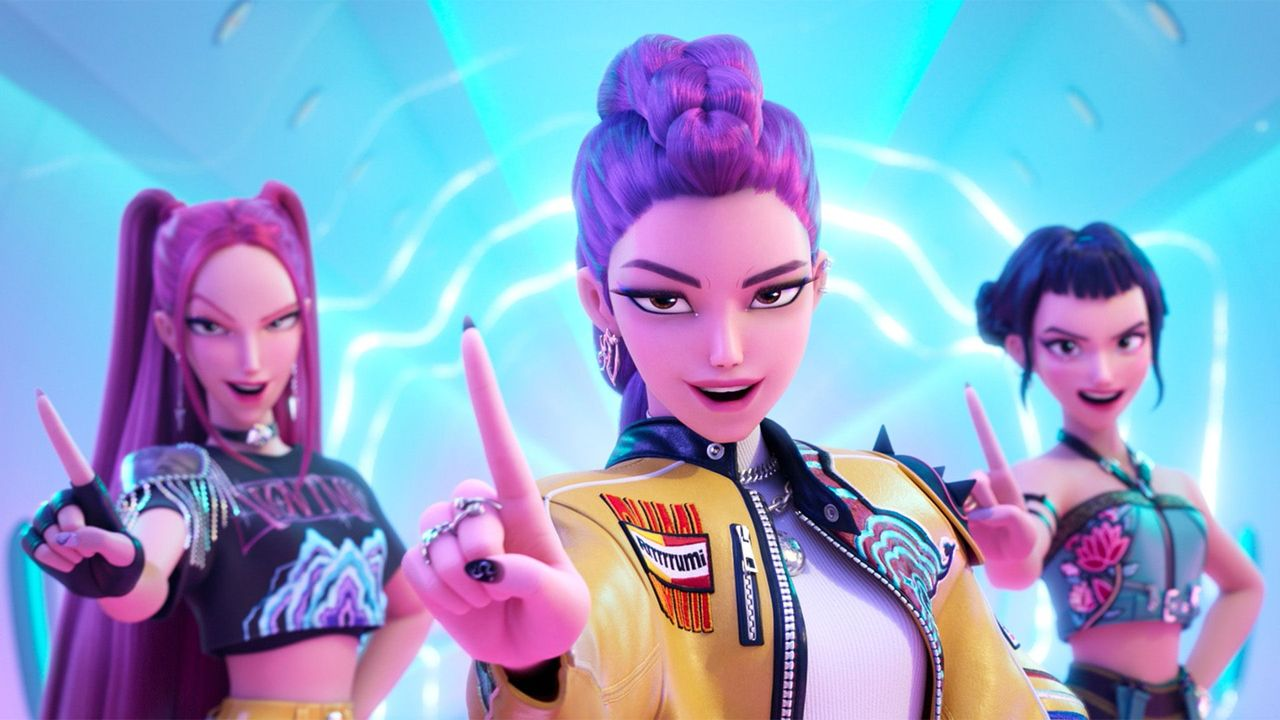
Once the music charted, the brand extended fast: pop-up events, influencer dance challenges, and even theme-park tie-ins created places to “do” the show, not just watch it. Crucially, the creative team kept the lore light and the visuals bright, inviting casuals without alienating core fans. That loop—stream → soundtrack → social → IRL—turned a niche idea into a mainstream habit, and the next season’s marketing now has a ready-made runway.


